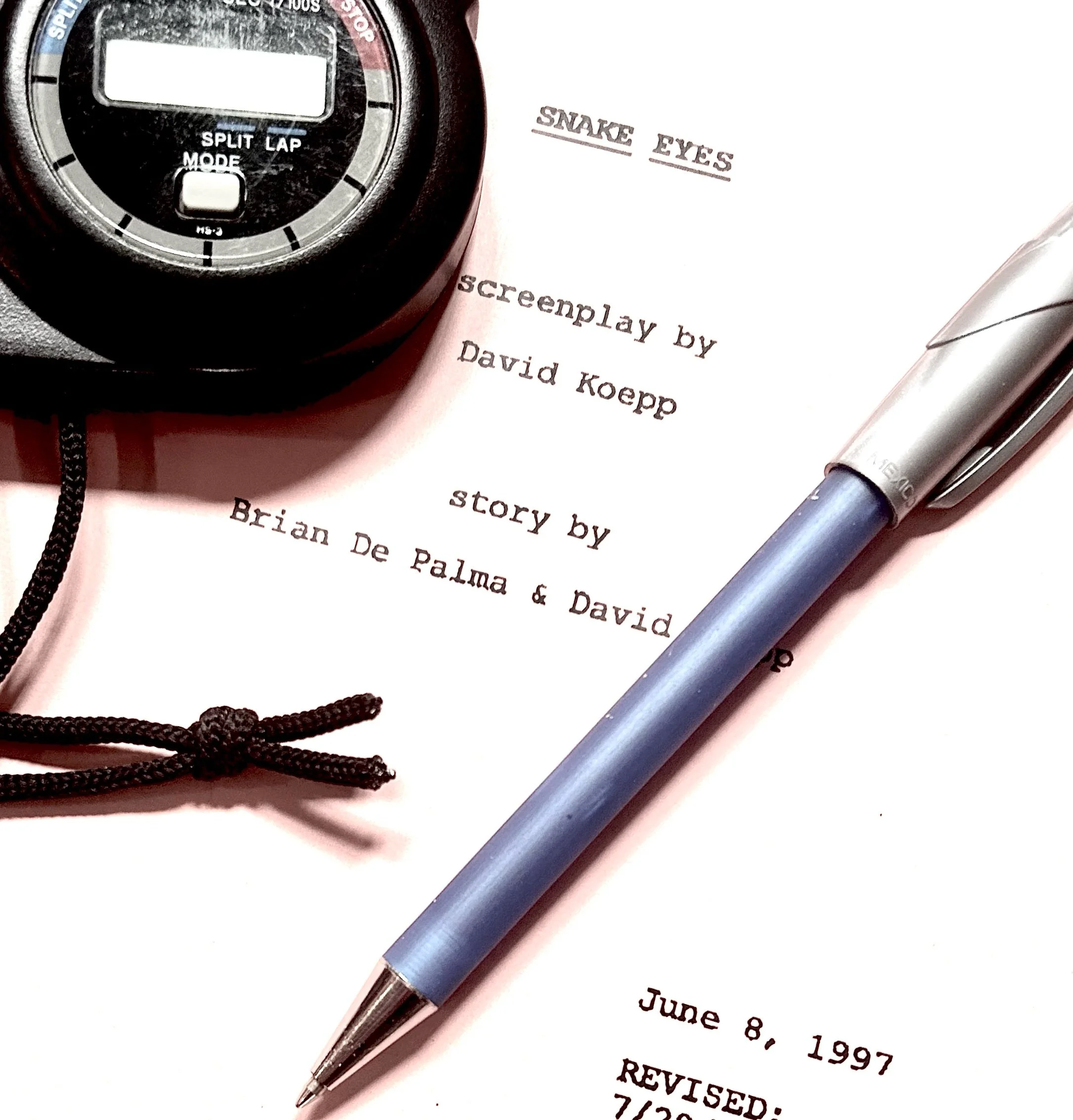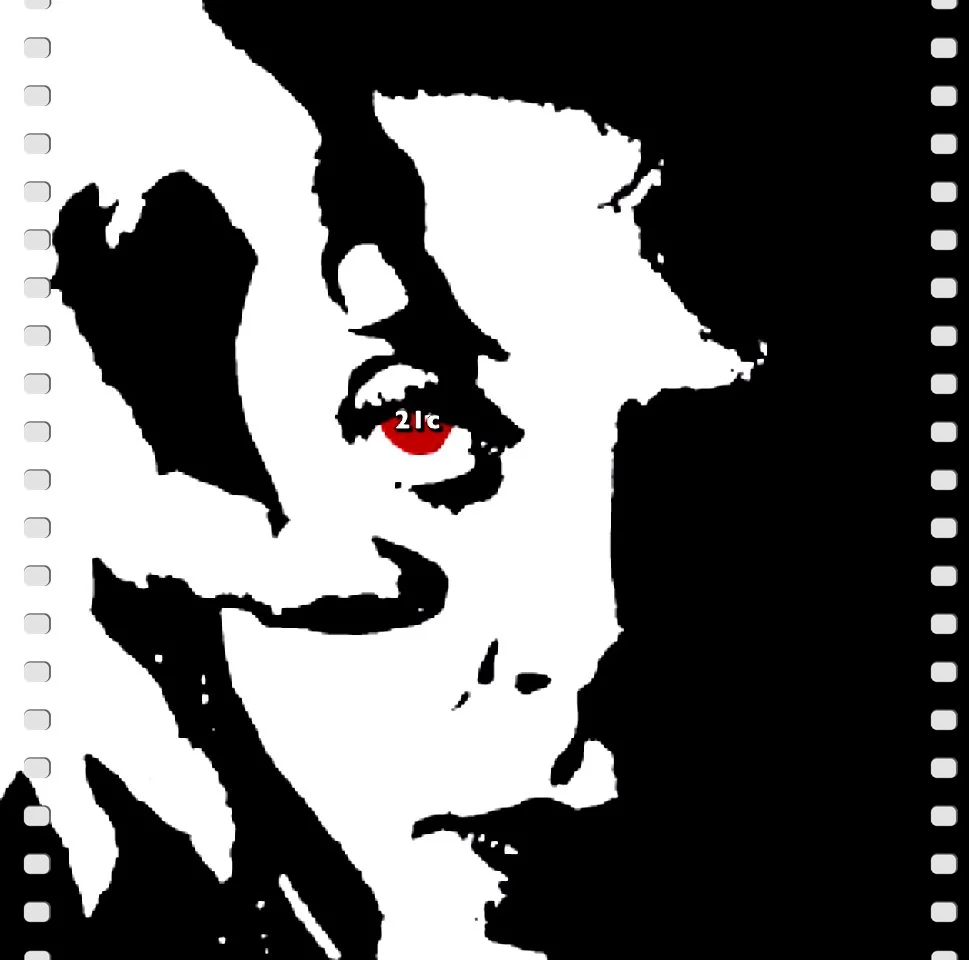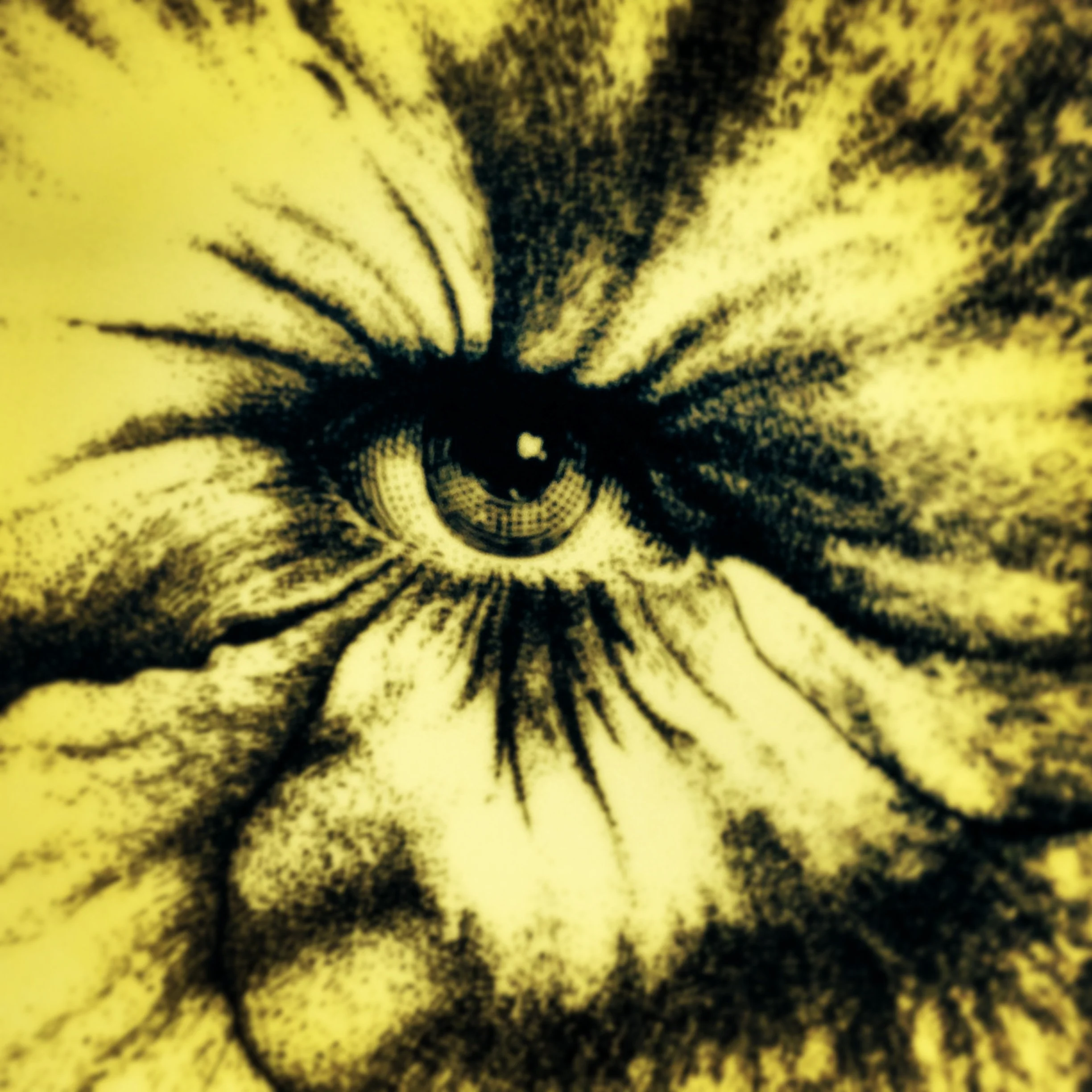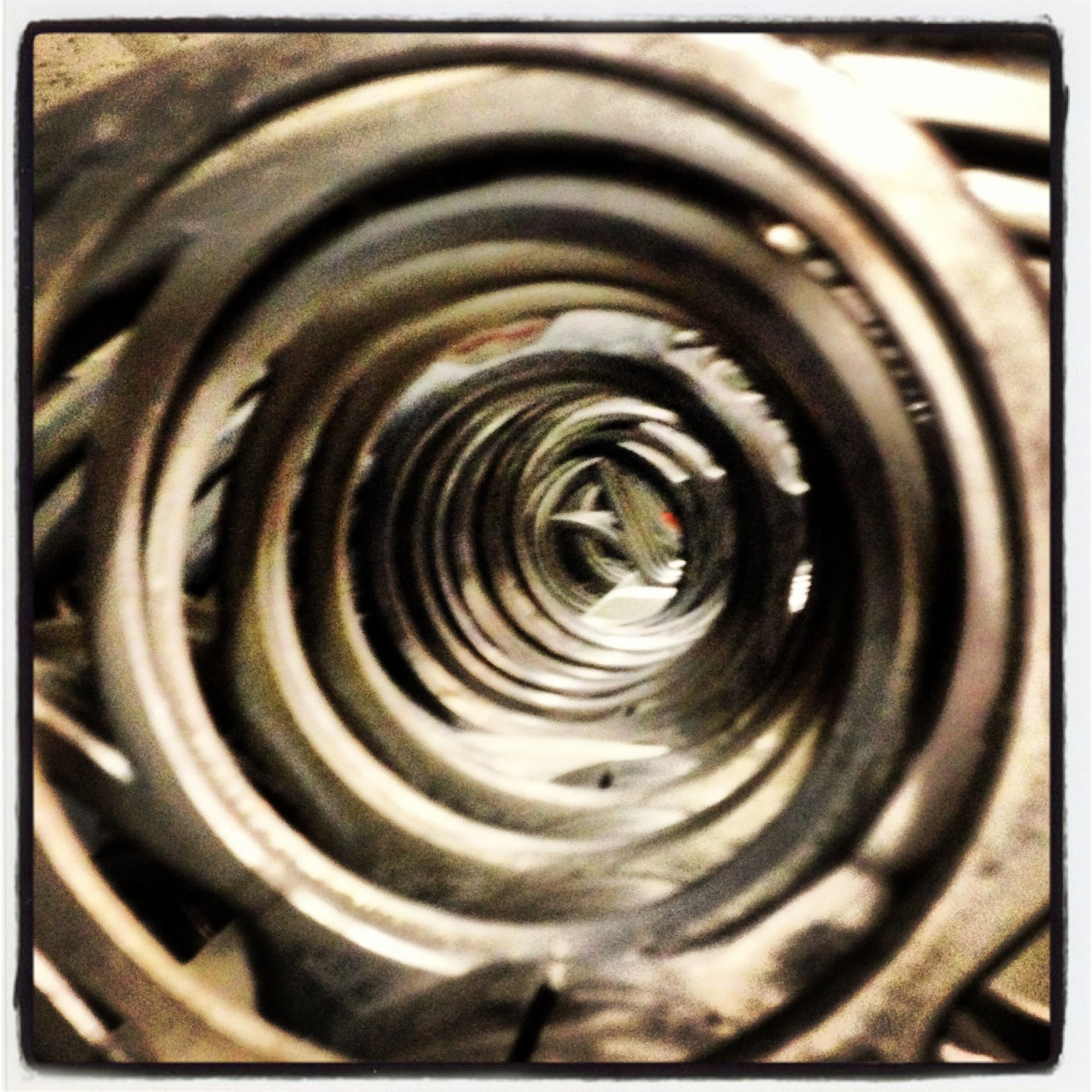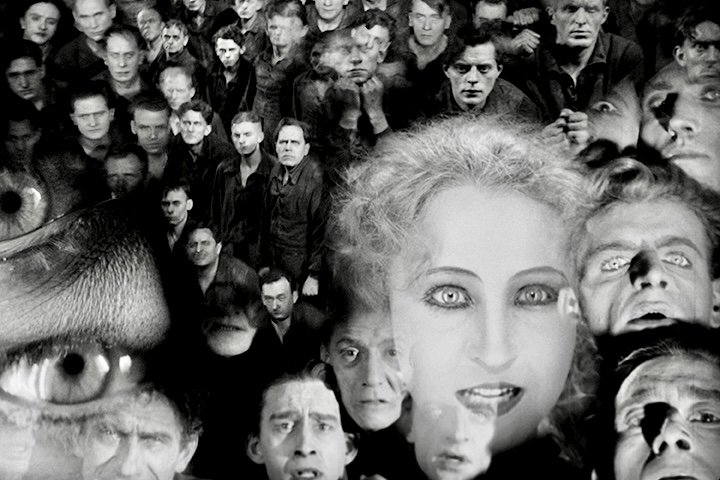Film Directing 118: The Director and Continuity
/Embrace continuity and be a better director
When you’re crewing up for camera, lighting, sound, makeup, etc., the role of script continuity can be an afterthought.
I recommend finding someone who wants to do script continuity on every film. It’s an important role in longer form television and feature productions. When you get onto a professional set, they will be beside you for every shot.
Value the support they provide, and you will be a better director.
Read More

